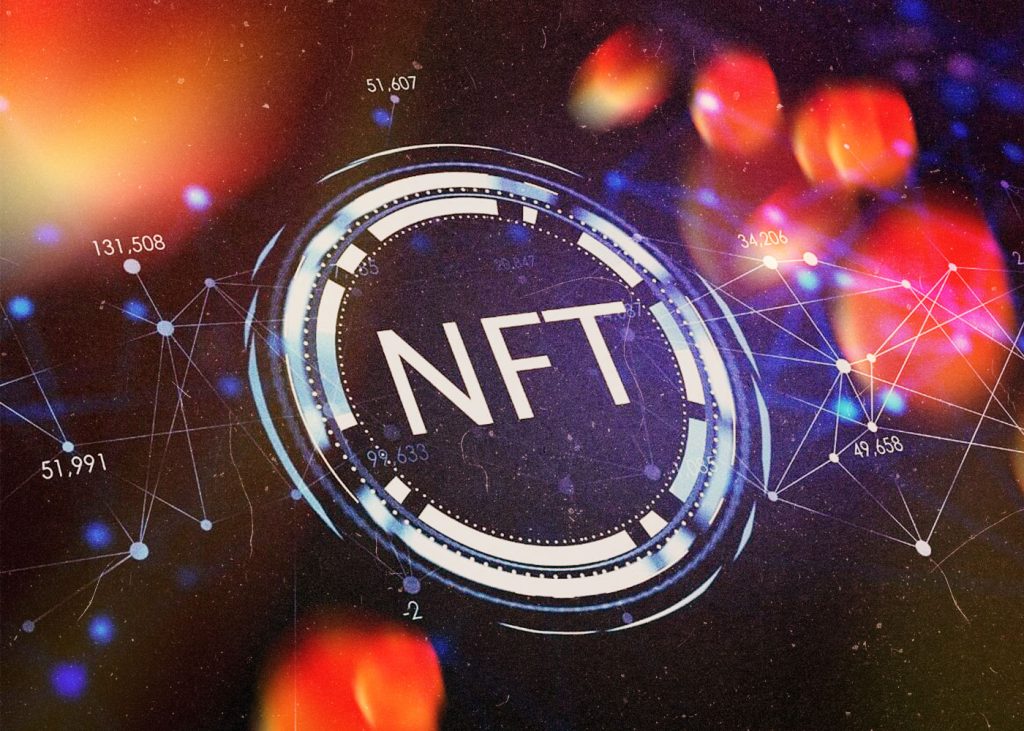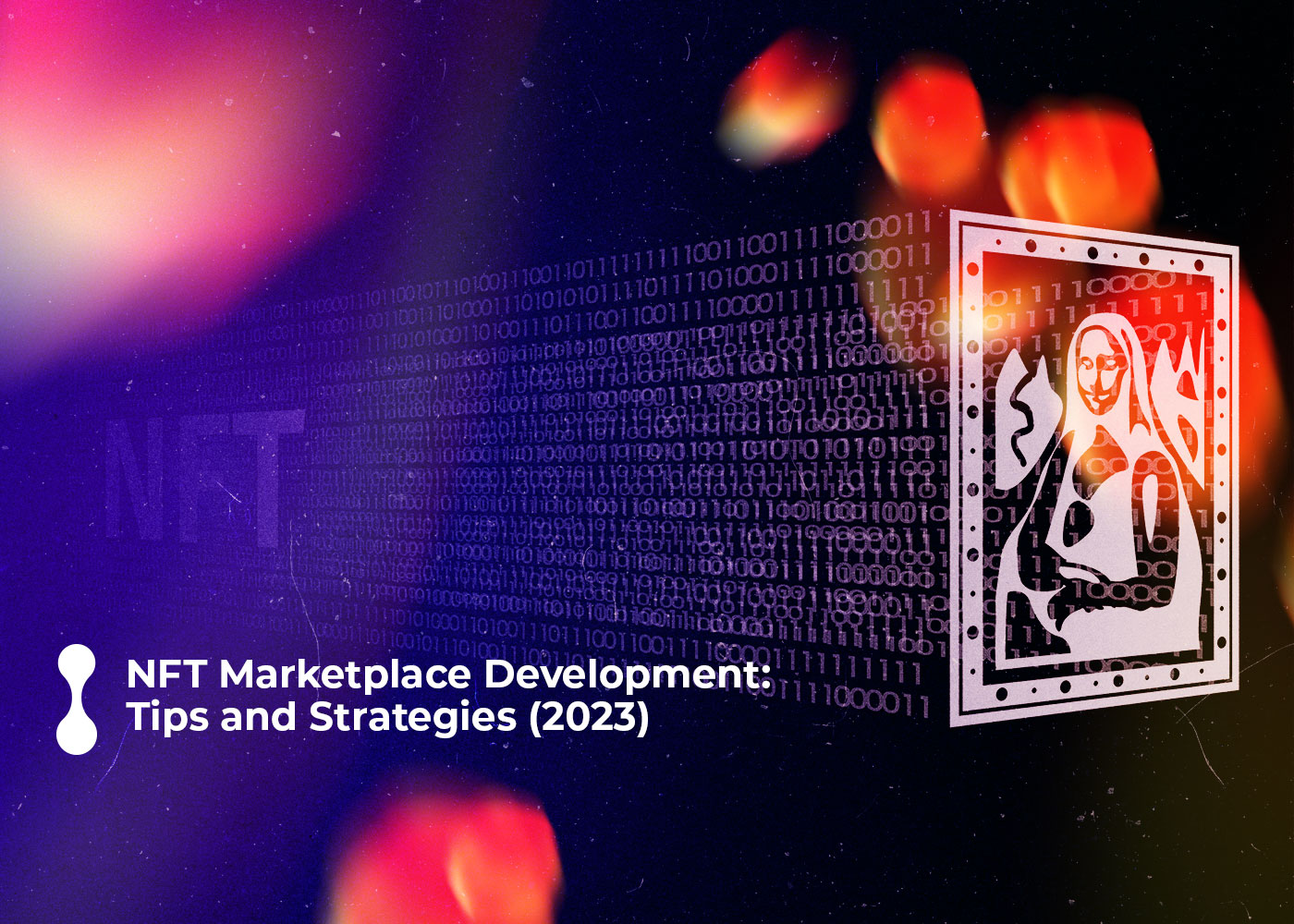As the global NFT marketplace continues to evolve, developers have a wide range of decisions to make when developing their own marketplaces. From deciding on the most impactful features to defining immersive experiences for customers – there are numerous elements that need consideration for your platform’s success. To help you stay ahead of the curve and develop an outstanding NFT market, we’ve put together this guide providing all the tips and strategies needed for NFT marketplace development. Read on as our team dives deep into creating impressive user experiences, up-to-date security protocols, and sustainable long-term investments – all essential components of a successful NFT marketplace!
What Is an NFT Marketplace?
An NFT marketplace is a digital hub for buyers and sellers to securely purchase one-of-a-kind Non Fungible Tokens (NFTs). These tokens are stored on an immutable blockchain, thus providing proof of ownership and authenticity. Creators can easily monetize their artwork, music, videos as well as other digital content in the form of NFTs. For those looking to acquire these unique assets, such platforms enable them to conveniently search through various offerings and pay with cryptocurrencies like Ethereum.
When you’re looking to buy or sell NFTs, be sure to check out an NFT marketplace. Popular marketplaces like OpenSea, Nifty Gateway, SuperRare, and Rarible provide helpful features such as search filters for easy browsing of items, bidding systems allowing sellers to have competitive sales and authentication services ensuring buyers that the item is genuine. Additionally, these platforms typically charge a fee for transactions.

Tips and Strategies for NFT Marketplace Development:
Here are some tips and strategies for NFT marketplace development:
- Choose the right blockchain: When selecting a blockchain, consider your specific requirements, such as transaction speed and security. Ethereum is currently the most popular choice for NFT marketplaces; however, Binance Smart Chain, Flow, and Polkadot are also viable options to explore. Make sure to thoroughly evaluate each network to pick one that suits your needs best!
- Design a user-friendly interface: Crafting an inviting interface is essential for any NFT marketplace. To ensure consumers have a smooth, pleasant experience navigating your site, make sure it’s easy to search and browse collections by incorporating features like filtering, sorting, and categorizing. This will give users the opportunity to engage with your store more deeply while also making their journey quicker and simpler!
- Implement smart contracts: To guarantee a safe, open, and reliable NFT transaction process, smart contracts are used to streamline their buying and selling of them. It’s essential that the smart contract is validated against potential hacks or discrepancies to make sure everything runs as smoothly as possible.
- Provide seamless payment options: Your NFT marketplace should be equipped with multiple cryptocurrency options, including stablecoins, for flawless payment processing. Incorporate dependable gateways such as Coinbase, BitPay, or Stripe to ensure smooth transactions.
- Offer social features: Your NFT marketplace can be brought to life with user profiles, activity feeds, and follow options. Stimulate participation by enabling users to like, comment on, and share their favorite NFTs with others in the community.
- Market your NFT marketplace: Spreading the word about your NFT marketplace is essential for attracting buyers and sellers. Utilize social media channels, discussion boards, and influencers to raise awareness of your platform.
- Ensure legal compliance: Before launching your NFT marketplace, consult with a legal expert to guarantee that you are abiding by all necessary laws and regulations. This includes tax laws, anti-money laundering measures, as well as KYC (know your customer) guidelines.
Building an NFT marketplace requires careful planning, research, and development. Follow these tips and tricks to create a successful NFT marketplace that caters to the needs of buyers and sellers in the crypto space.
Conclusion:
In conclusion, there are many strategies for developers to consider when creating a developing an NFT Marketplace in 20 3. If these tips and strategies are implemented effectively, developers can have a successful NFT Marketplace up and running quickly! As such, an effective NFT marketplace need not be a complex task – it just takes careful planning, plenty of research, and the right resources on h d. With these tips in mind, I wish everyone success in developing an efficient and profitable NFT marketplace!
